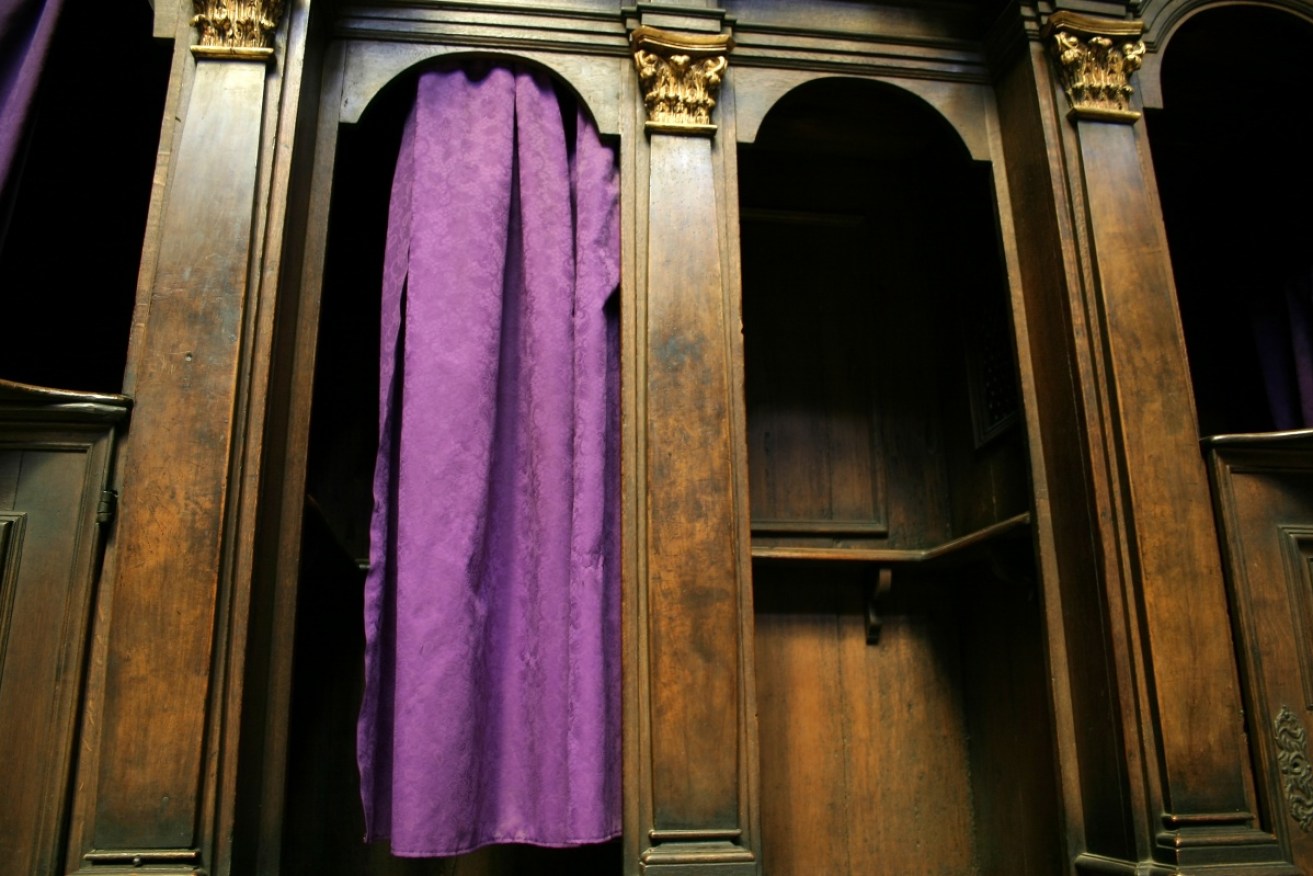States expected to push ahead with mandatory reporting laws despite Catholic opposition

The Catholic Church has argued mandatory reporting to be a violation of religious belief and worship. Photo: Getty
State and territory governments are at loggerheads with the Catholic Church over legal changes that would require priests to break the confessional seal if someone admits to child abuse.
The Royal Commission into Child Sexual Abuse recommended that “persons in religious ministry” should not be exempt from reporting information disclosed during confession, but the Church on Friday issued a response saying it would not support the measure because it could make children less safe.
But the states disagree, and the ACT and South Australia have already made moves to implement changes.
From next year, priests in the ACT will be required to break the seal of confession if someone admits to child abuse, and South Australia is set to have new mandatory reporting laws in place by October.
SA Attorney-General, Vickie Chapman, said she was “proud to havedone it to protect children”.
Although the Catholic Church argued it was “rare” that a perpetrator would admit to a crime in confession, Ms Chapman said that should not be used as a reason not to introduce the laws.
“We are not expecting that there would be a large number of disclosures in confessions but if they are, that should be added to the information that is reported by ministers of religion, of whatever denomination or faith,” she said.
States, territories agree to harmonise laws
But Catholic priest and lecturer in canon law at the Catholic Theological College Professor Ian Waters said priests would be unlikely to break the seal.
“If a policeman came to me or to another priest and said, ‘Did Bill Smith come and confess this sin?’, I don’t believe a priest would break the seal,” he said.
In its formal response to the royal commission’s recommendations, the Catholic Church argued mandatory reporting of confessions would be a violation of freedom of religious belief and worship – and could actually make children less safe because a perpetrator who might have disclosed details would no longer do so.
“So an opportunity would be lost to encourage a perpetrator to self-report to civil authorities or victims to seek safety,” it said.
Professor Waters said there were also practical problems with the suggested law because priests often do not know who they are talking to in confession.
“It’s frequently done with a partition between the priest and the person,” he said.
“So people don’t come in and say, ‘my name is John Smith and I live at 360 High Street’.”
We all have a role to play
By placing institutional abuse within its larger context, the royal commission has made the prevention and identification of child sex offending a collective responsibility.
New South Wales Attorney-General, Mark Speakman, conceded some details needed to be ironed out, but said he remained upbeat the laws across the different states and territories would align in the near future.
The state is yet to introduce laws that would require priests to report details revealed in confession, but Mr Speakman said conversations were ongoing.
“We are hopeful and that’s why we have taken it to the Councils of Attorneys-General,” Mr Speakman said.
“It would make a lot of sense if you have uniform evidence laws in most jurisdictions.”
The change in law is essentially a state and territory matter, but Federal Attorney-General, Christian Porter, is working with his counterparts to ensure action is taken, despite the Church’s opposition.
In a statement he said the states and territories had agreed to harmonise their laws and they would meet in December to further outline their progress.
While this particular recommendation from the royal commission has garnered a great deal of attention, ACT Attorney-General, Gordon Ramsay, said it needed to be put into perspective.
“There were 307 recommendations that relate to state and territory governments, only a very small number of those relate to the religious confession or the seal of the confession, so we are working across a whole range of areas,” he said.







